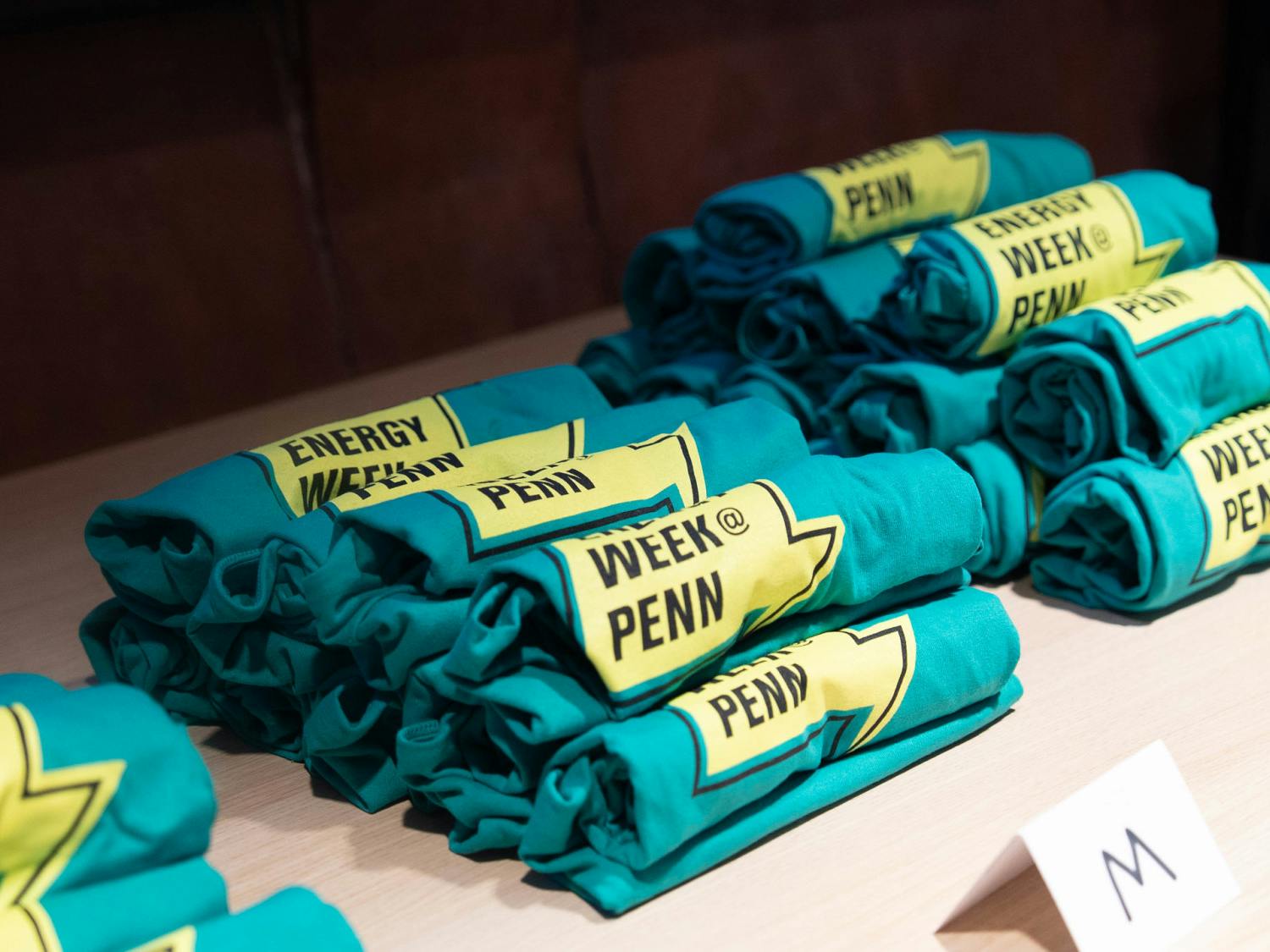The symptoms are bulging, bloodshot eyes, sweaty palms and cramped minds.
The condition is stress and its force is approaching.
Just as the symptoms of stress vary from one student to the next, the ways in which students approach such a nerve-racking period as finals week also differ.
College junior Wesley Nakamura has spent the past week living in Van Pelt Library. He explains that he has three upcoming finals, two of which have been occupying most of his studying time.
As a pre-med student, Nakamura is currently preparing for his exams in cell biology and organic chemistry.
"I believe I am stressed because there is a lot of pressure to do well because of the impact the grades will have on my application for medical school," he says.
Nakamura adds that he is "behind on a couple classes and it's extremely hard to catch up in intense classes at Penn."
Studying for such an extensive time has put a damper on Nakamura's free time and so when he does get a chance to take a break he says he likes to "do something immature every so often...[and] by doing something immature I mean sometimes I'll spin around in circles or take a walk or draw stupid pictures."
Other students are also facing stress from science-related courses. Warner Johnson, a freshman in the College, is worried about his upcoming biology exam, which will be his first college final.
"I plan to start buckling down this weekend" and studying for biology, Johnson says. He explains that unlike high school, he finds it hard to get through all of his homework in one day, especially when it comes to reading the long, in-depth biology textbook chapters.
Like Nakamura, Johnson tends to take part in mindless activities in order to de-stress himself. "I often stare at my fish tank when I'm stressed," he says.
Others feel stressed because of the numerous papers they must write in the upcoming weeks. Wharton and College junior Jennifer Bunn has three papers she must compose within a short period of time.
"I'm still reading for the papers," Bunn explains, adding that the reading is not the stressful part. Right now her major concern is that "time is racing against the clock," to get her papers done.
Other students, despite the amount of work they must complete within the finals period, say they don't feel as if the stress is completely overtaking their lives.
"I'm OK. I'm a little stressed, but I don't show it. I don't physically display stress," Wharton freshman Tiffany Parnell says.
She added that as this is her first time experiencing college finals -- she has two upcoming finals and five papers -- she has realized that she has not truly "learned how to study properly yet. I need to learn to focus more," she says.
Still for others, stress is not even an issue.
"I'm not stressed," College freshman Albert Tsai says. "I have a lot of studying, but more time to study compared to high school."
Tsai's roommate and fellow sprint football player, College freshman Shameek Taylor, is also pretty calm about finals week.
Although Taylor has three finals, he said that he is not worried. "I manage my time wisely," he says. Time management has enabled Taylor not only to study, but also to get adequate sleep and spend time with his friends.
For some others, thinking about finals has not even yet crossed their minds.
Engineering freshman Keith McKnight has three finals, two of which are on the last day of the final period. As a result, McKnight says, "I'm not stressed, just worried about doing well on my exams."
In the meantime, McKnight is spending his free time finishing up some last minute details for his engineering projects as well as playing "old school Nintendo games."
Signs of stress Sleep trouble: Insomnia may indicate greater stress-related issues, especially when in conjunction with other lifestyle changes Depression: Students with extreme stress may face bouts of depression or other mental health issuesn Fatigue: Lack of sleep can lead to exhaustion, which exacerbates stress Decreased appetite: Absence of hunger for extended periods of time is characteristic of some stress-related symptoms -- Courtesy of the Office of Health Education Web site








